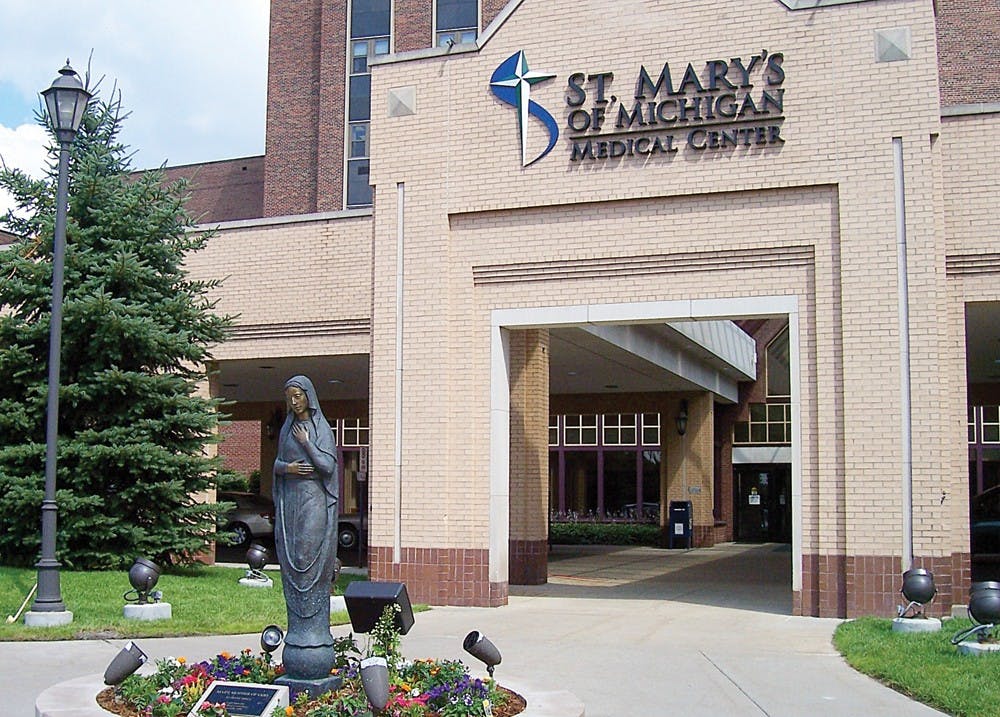CMED budget affected by holding back practice purchases
Central Michigan University's College of Medicine has delayed its purchase of a primary care practice.
The college missed its budgeted revenue of $19.5 million by $2.7 million in the 2014-15 academic year, which would have aided in the purchase of the primary practice. The school's actual total revenue was $16.8 million.
"We thought we were going to purchase a practice or two but couldn't," said Director of Marketing and Communications Jim Knight. "The college didn't have the income to make the practices happen."
The college overestimated its budgeted expenses. This was due to their prediction that the college would be spending money on primary care practices.
CMED budgeted expenses of $25.8 million, but its actual expenses totaled $18.7 million. Knight said expenses were reviewed carefully before decisions were made in order to assure the college's financial stability for the 2015 fiscal year.
After evaluating projected expenses and deciding to hold off on the purchase of the practices, the college lost $1.8 million the fiscal year 2014.
The less than expected revenue is due to the college needing to establish a curriculum for fourth-year students. After a fourth year is implemented into the college, the increase in revenue will follow and allow for the purchase of a practice or two.
The largest contributors to the college's total revenue were seen through university support, making up $5 million, and money being carried forward from the previous year, making up $4.8 million.
¨The university aids (CMED) in many ways," Knight said. ¨We're not seeing revenue from tuition because we don't have the full four years yet.¨
CMED has enrolled just two classes. Each year the college accepts 104 students to participate in a curriculum aimed around providing medical services in undeserved rural areas in Michigan.
A primary practice is essential to the CMED program. The first two years of study for CMED students are spent on CMU's main campus.
The curriculum requires third and fourth-year students to go through clinical training at medical facilities spread across central and northern Michigan.
In their third year, students will spend six months immersed in a primary care practice setting, in addition to hospital rotations. There, students gain hands-on experience from physicians at locations including Covenant Health Care and St. Mary's of Michigan in Saginaw.
"Practices are really important to our college's curriculum and students, but we had to make some cautious cutting," Knight said. "The practice isn't out the picture. It may just be a year down the road instead."
After a new dean is announced in January, tCMED must complete its curriculum for fourth-year students. Once the curriculum is complete, the college expects an increase in revenue from tuition.
CMEDs founding dean Ernest Yoder resigned from his position in June. Yoder stepped down after leading the college for four years. The decision was made after as self assessment was made by Yoder in regards to the schools future.
A primary practice(s) are predicted to be purchased in the fiscal year 2015.




